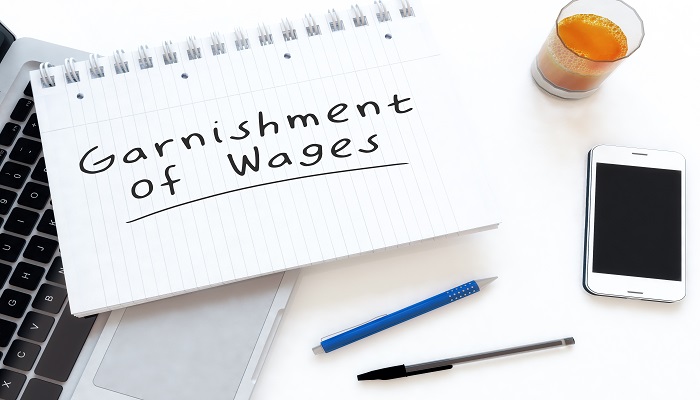
As per the latest study by the ADP Research Institute, the IRS garnishes wages of around seven percent of workers in America every year. There are many types of debts such as unpaid federal or state taxes, overpaid unemployment benefits or social security, alimony, credit card debt, child support, and personal bankruptcy which can result in wage garnishment. A garnishment order from the IRS is time-sensitive and may impose an extensive compliance burden on employers, making it critical to hire a lawyer who can help them take adequate steps to comply with garnishment orders. Continuing further, let’s discuss everything employers in America need to know about wage garnishment. Read on!
Identify What Wage Garnishment Order Says
After an employee receives a wage garnishment notice, they will need to understand the nature of debt and what the order is asking them to do. The employer needs to calculate the employee’s wage garnishment amount, withhold it correctly through a payroll process, and deliver the payment to the government. They are also required to continue garnishing the wage until the employer receives a release as any failure to comply with wage order can result in penalties and the employer can be held liable for the missing payments. It is, therefore, recommended that employers consult a lawyer before they start to develop the process for handling their employees’ wage garnishments.
Related Blog: Busting 5 Common Myths about Wage Garnishment
Follow the Requirements of Wage Garnishment Notice
Once the IRS sends the wage garnishment order, the employer should notify the employee about the garnishment amount, specifics mentioned in the order, and the time of release in writing with a copy of the order attached. Employers must ensure that the employee is aware of the instructions specified in the order and the amount that needs to be deducted from their paychecks. The employer may also get into trouble for not following the instructions properly and not responding on time.
Plan Procedures for Wage Garnishment
To develop procedures for wage garnishment processing, employers should hire a competent wage garnishment professional who can review garnishment orders and handle them efficiently. A wage garnishment professional will help you understand the rules of calculating the garnishment payments according to the base amount of wage and the priorities of employees with more than one garnishment at a time. They will help you follow all the instructions properly so that you do not end up paying heavy penalties.
Related Blog: Tips to Getting Rid of an IRS Tax Levy
Let’s Talk Wage Garnishment
Employers should know and regularly monitor the laws and rules relating to wage garnishment in their state. Businesses operating in more than one state should comply with the requirements of the garnishment laws in each state. They may seek help from the state department of labor or check the IRS website for information about the IRS bank levy release and bank levies. For more information about the IRS problem resolution and wage garnishment in Texas, you can connect with highly skilled tax attorneys available at the Law Offices of Nick Nemeth, PLLC. To speak with one of our attorneys, call (972) 426-2553, or fill out our contact form.

